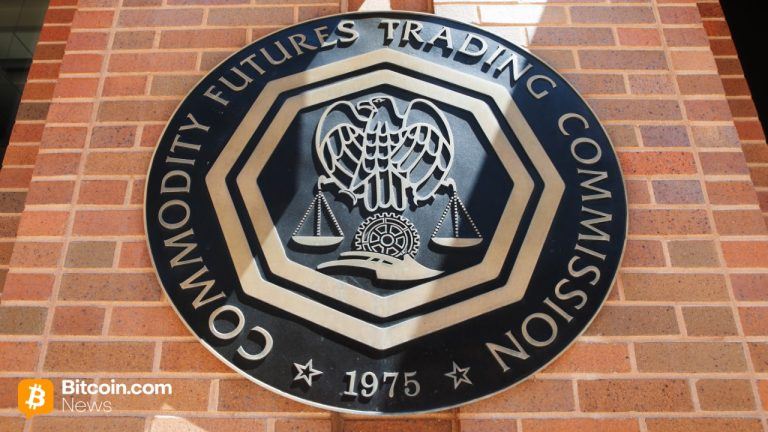Examiner finds customer deception, ‘very Ponzi-like’ use of funds at Celsius

The court-appointed examiner found many intentional and unintentional shortcomings at the bankrupt crypto lender dating back to its founding.
Court-appointed examiner Shoba Pillay submitted her final report on select aspects of operations at bankrupt cryptocurrency Celsius on Jan. 31. The document was commissioned on Sept. 29 and is 470 pages long, not counting the 31 appendices.
Pillay is a former federal prosecutor and partner at law firm Jenner & Block. She looked at how customer cryptocurrency was stored at Celsius, the accuracy of the company’s public representations, whether new deposits were used to pay existing customers, the status of the company’s mining business and tax compliance.
“Celsius promoted itself as an altruistic organization,” Pillay wrote. However, “Behind the scenes, Celsius conducted its business in a starkly different manner than how it marketed itself to its customers in every key respect.”
The deception began immediately, Pillay found, when the Celsius initial coin offering in March 2018 failed to raise the hoped-for $50 million, coming in at $32 million. The Celsius community was not told of the shortfall. Nor did founder Alex Mashinsky make good on his promise to buy any unsold tokens.
Further, Pillay documented how the company and Mashinsky personally exerted control over the price of the native CEL token. That effort was not wholly successful, in part due to accounting shortcomings. As a result:
“Celsius did not earn sufficient yield on its crypto asset deployments to fully fund its CEL buybacks. As a result, it began using customer-deposited Bitcoin (BTC) and Ether (ETH) to fund its CEL purchases.”
In early 2021, as Bitcoin (BTC) and Ether (ETH) prices rose and customers withdrew more of the CEL cryptocurrency, Celsius “justified its use of customer deposits to fill this hole in its balance sheet on the basis that it was not selling customer deposits but instead posting them as collateral to borrow the necessary coins.”
1/ The Celsius bankruptcy examiner report is out.
My opinion is that @Mashinsky and other executives will go to jail for a long time.
Celsius propped $CEL token while Mashinsky dumped on retail.
Evidence show willful deception to keep the ‚flywheel‘ going
Highlights
— Ram Ahluwalia, crypto CFA (@ramahluwalia) January 31, 2023
Pillay noted that the Celsius coin deployment specialist described the actions as “very Ponzi-like” in internal communications. In addition, the company’s reward (interest) rates were not tied to yield generated from customer assets but were set to beat competitors’ offers. There was no policy for determining rewards until July 2021.
Between 2018 and June 30, 2022, the company paid out $1.36 billion more in rewards than the revenue customer assets generated.
By May 2022, as the price of the LUNA (LUNA) stablecoin plummeted, the company was no longer able to support the price of CEL. It paused withdrawals on June 13, but continued to pay rewards. At that point, the company was taking questionable measures. Pillay wrote:
“Between June 9 and June 12, Celsius did directly use new customer deposits to fund customer withdrawal requests.”
Celsius declared bankruptcy on July 13.
Related: New ‘Celsius token’ may be used to repay creditors: Report
The examiner found Celsius’ mining business, created as a subsidiary in October 2020, to be “generally current” on its bills, with few exceptions. She summed up the outstanding debt:
“Celsius Mining’s unpaid utility-related bills were $13,982,152. Celsius Mining’s mining hosts, however, hold prepayment balances totaling $46,809,756 that may be available to offset Celsius Mining’s obligations.”
Celsius defaulted on its debt to third-party mining contractor Core Scientific in October.
The tax picture was less rosy. Pillay found “significant tax compliance deficiencies.” This might be unsurprising, since Celsius had no tax professionals on its staff until June 2021. Even then, there was no systems created to pay use taxes and value-added taxes in a timely manner.
Pillay described widespread confusion about how applicable taxes for Celsius Mining were calculated or collected. Consequently, Celsius Mining may face tax bills upward of $20 million in the American states of Texas, Pennsylvania and Georgia, where it has mining operations. That amount may be reduced through retrospectively applied exemptions.
Celsius Network, a U.K.-based organization, is facing potential VAT liabilities. It has reserved $3.7 million for their payment.
Celsius’ tax problems were due only to lack of systems, communications and sophistication, Pillay said:
“The Examiner did not uncover any facts suggesting that Celsius or any of its business entities willfully or intentionally failed to pay its tax obligations.”




